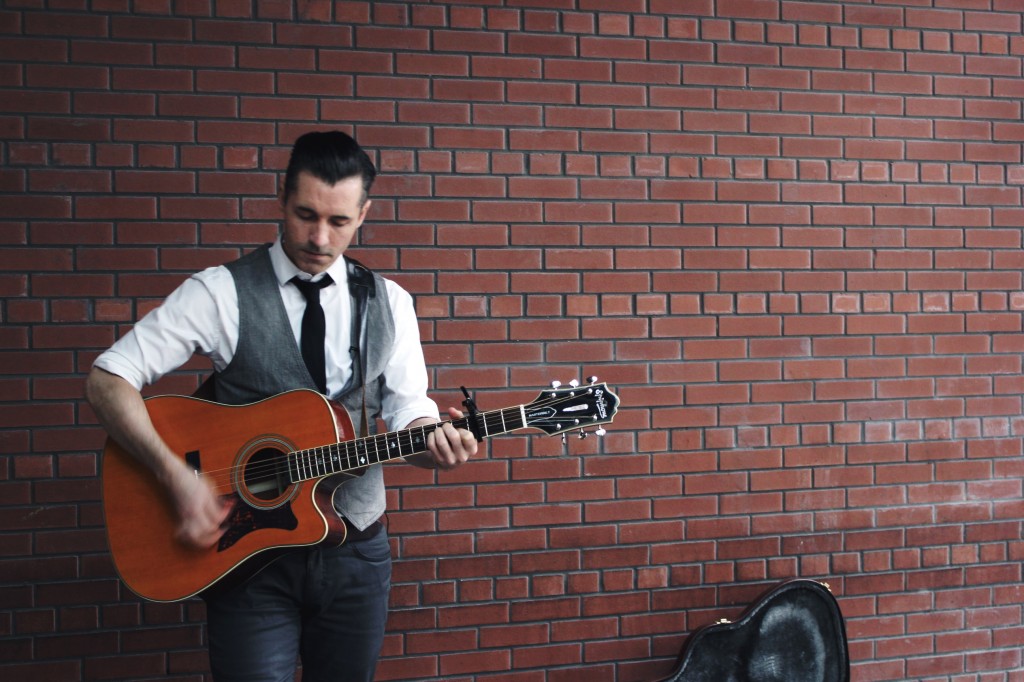 Today, the IFPI released the Digital Music Report 2014, which provides a comprehensive overview of today’s global digital music sector, including statistics on international markets, developments in the licensed online marketplace, and industry efforts to tackle online piracy.
Today, the IFPI released the Digital Music Report 2014, which provides a comprehensive overview of today’s global digital music sector, including statistics on international markets, developments in the licensed online marketplace, and industry efforts to tackle online piracy.
The IFPI says that despite positive growth in most markets, overall global music trade revenues fell by 3.9% in 2013, to US$15.0 billion. This was heavily influenced by a drop of 16.7% in Japan, which accounts for more than one fifth of global revenues. Excluding Japan, the overall global recorded music market was generally flat, declining by 0.1% in 2013.
This report highlights the growth in music subscription services, which helped drive growth in most major markets in 2013, as revenues from subscription services grew by 51%, helping global digital revenues grow by 4.3%. Global revenues from streaming and subscription services topped the US$1 billion mark for the first time in 2013.
Digital downloads and physical formats remain an important revenue stream for the global recorded music industry, as downloads account for 67% of digital revenues, and physical product sales account for more than half (51.4%) of all global revenues.
Performance rights revenue, generated from broadcast, internet radio, and venues, saw strong growth in 2013, as performance rights income to record companies reached US$1.1 billion, an increase of 19% over 2012. Income from synchronization deals, where music is placed in film, television, or advertisements, declined by 3.4% in 2013, now accounting for 2.1% of total industry revenue, the report states.
The report includes the IFPI’s Global Recording Artist Chart, which measures the popularity of an artist across an array of channels, including digital downloads, streaming services, and physical format sales. One Direction topped the chart in its first year of being tabulated, while Burnaby, British Columbia’s Michael Bublé achieved the #9 position.
The report also profiles how record labels utilize the digital world in promoting artist releases, with features on innovative promotional campaigns, including:
- Sony Music Entertainment’s global campaign for Daft Punk – Random Access Memories , which coordinated physical advertisements like billboards with television ad buys and digital teaser videos to achieve the robot duo’s vision of a global album release
- Universal Music Group International’s campaign with Avicii, which partnered with Ericsson to create a ‘crowd sourced’ hit song, and later unveiled the album as a live performance at the Ultra Music Festival, helping Avicii grow from a club DJ to a global superstar
- Warner Music Nashville/Atlantic Records’ innovative ‘Youtube Orchestra’ campaign with Hunter Hayes, which enlisted a range of ‘Youtube Stars’ to post their own versions of his song, Everybody’s Got Somebody But Me, with Hayes and Justin Mraz creating a mashup of the videos in a one-shot music video
- Passenger’s partnership with German indie label Embassy of Music, which worked with Sony Music Netherlands to campaign in the smaller Dutch radio market to establish a foothold on the airwaves
- Katy Perry’s PRISM campaign, in which Capitol Music Group developed multiple promotional campaigns for the album’s various singles, including international events in Canada, Australia, France, Germany, Italy, and Japan
To view the full report, visit http://www.ifpi.org/digital-music-report.php.




Music Canada